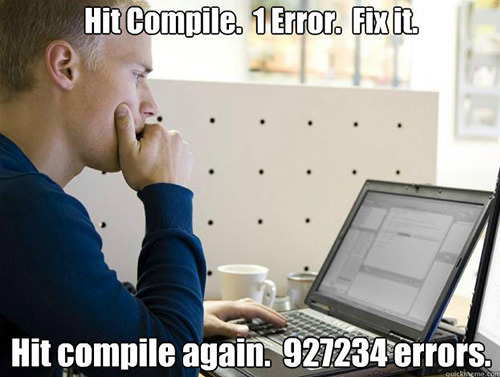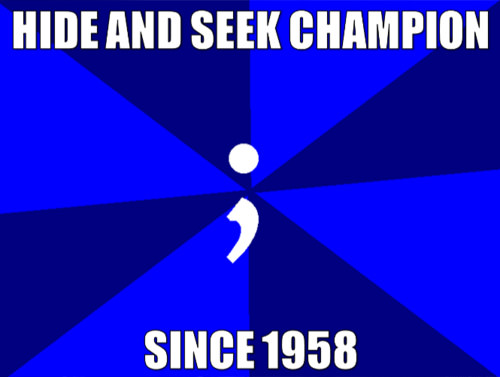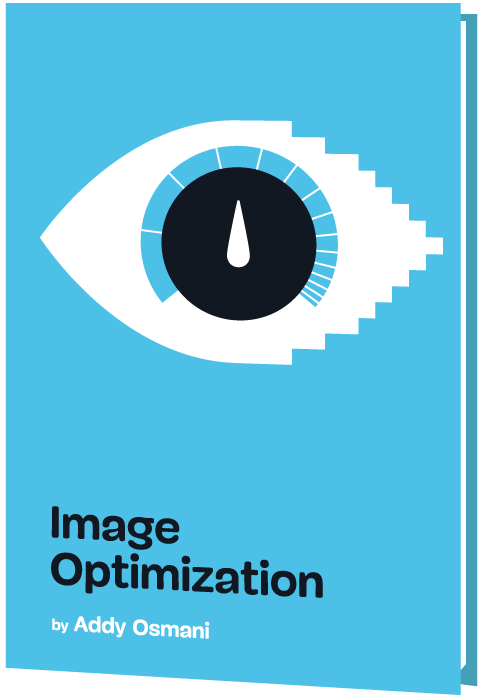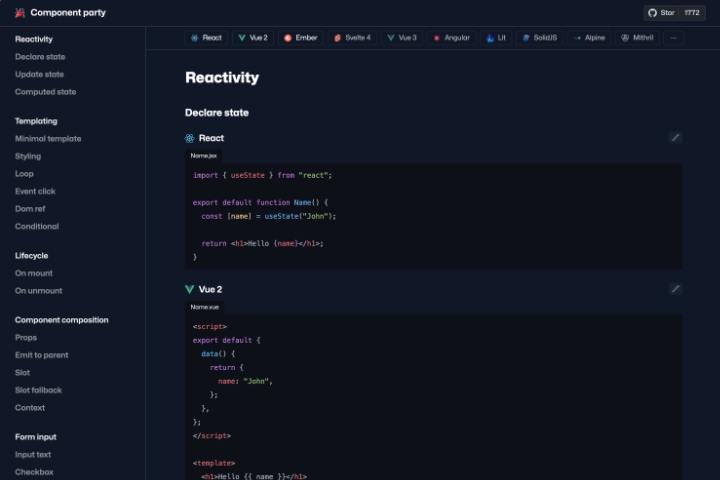Many believe that being a web developer is a breeze, envisioning us merely tapping away at the keyboard in the comfort of our homes, a steaming cup of coffee or tea within reach. Yet, they don’t see the complex and often chaotic world inside the computer screen.


Almost every developer will attest to encountering similar challenges: the worst-case scenarios, the stuff of nightmares; those moments that feel like cruel jokes – sometimes, the thought of escaping it all is temptingly easier. If you’re an experienced web developer who has navigated through various clients and projects, you might recognize some of these daunting situations.
If you’re contemplating a career in web or app development, here’s a glimpse of what might lie ahead. Brace yourself for these scenarios, and remember, you were forewarned. Here are the top 9 nightmares that keep developers up at night.
30 Common Reactions Programmers Have When Things Go Wrong
Developing applications can be a very stressful job. Nobody is perfect, and running into buggy code is fairly… Read more
1. Navigating the Maze of Another Developer’s Code
Stepping into a new role often means untangling the complex, bug-ridden code left by your predecessor. It’s likely to be a convoluted mess, barely readable, and unfortunately, it’s already live. While a fortunate few may escape this fate, most find themselves in the thick of code-fixing more often than they’d like.
Every developer’s individual style adds to the complexity, making thorough documentation a lifeline. If you’ve ever begrudged documenting your work, remember it’s crucial for anyone who dares to dive into your code later on.
Lacking clear documentation, the next developer (now you) must decipher lines of code to grasp the original intent. Oh, how we wish for telepathy at times like these!
10 Programming Habits Developers Should Adopt
These outcomes can bring down our confidence but in fact, they can be solved with proper development practices…. Read more
2. Untimely Bugs: Every Developer’s Dismay
Your project is finally out after months of toil and caffeine, and you’re on the brink of celebration. Then, a critical bug emerges during a crucial demo or from user feedback, shattering the perfect image of your work.
But hold on. Remember, even the best stumble – giants like Facebook and X (formerly Twitter) aren’t immune. While receiving a barrage of bad reviews or disapproving looks from clients feels dire, the best course is to stay calm and address the issue promptly. Fix what’s broken, maintain your composure, and don’t let one setback define your entire project.
3. The Domino Effect of Bug Fixing
Addressing bugs is an inevitable, often exasperating part of development. You spend hours, maybe days, fixing one, only to spawn several more. Perhaps an updated library conflicts with your code, or looming deadlines and constant check-ins add to the stress, causing errors to multiply.


Instead of despairing, plan. Utilize tools like Git for version control to backtrack smoothly when needed. And though it might seem tedious, meticulous documentation of each revision will be a future lifesaver. When the pressure mounts, you’ll appreciate the effort you put into keeping detailed records.
4. Third-Party Library Bugs: The Hidden Culprits
Imagine discovering that the persistent bug in your code isn’t yours at all, but lies within one of the libraries you depend on. It’s common to use multiple libraries across various projects, but sometimes they bring unexpected surprises.
- If you’re considering fixing the library yourself, assess your proficiency with its code. Are you up to the task?
- Requesting the developer to fix it is an option, but time is not on your side, and they’re under no obligation to expedite their process for your deadline.
- Replacing the library might solve the problem, but it also means rewriting substantial parts of your code. It’s not an easy decision.
These are options, not solutions. Just hope you’re spared from this dilemma and the next one.
5. The Enigmatic “Unknown” Bug
The bug is elusive, hiding despite days of searching and multiple test branches. Your quest even leads you to a years-old, unanswered query on StackOverflow. It’s not a critical error, but it gnaws at you, an unreachable itch.


Stop. The solution might be counterintuitive: step away from the computer. Mental fatigue blinds you to the solution. A break, even just for half a day, can refresh your perspective. Sometimes, mysteriously, the bug resolves itself. When you’re that tired, understanding how isn’t as important as the fact that it’s gone.
6. Catastrophic Data Loss with No Backup
This is universally terrifying: complete data loss without a backup. It’s a self-inflicted wound, a stark reminder of the importance of regular backups.
Even the most stable systems can fail. Accidents happen, from hardware malfunctions to accidental deletions or spills. The solution isn’t to lament, but to prepare: maintain multiple backups. I use a combination of Time Machine, Dropbox, and OneDrive.
For Mac users, Time Machine is invaluable, and Windows users, check out this post on free backip tools for PC.
Don’t learn this lesson the hard way.
7. When the Semicolon Key Fails
In languages like JavaScript and PHP, the semicolon is crucial, marking the end of a statement just as a period ends a sentence.


A missing semicolon can lead to numerous errors, so a non-functional semicolon key is a real hassle. Always have a backup keyboard ready for such emergencies.
8. When the Internet and Google Go Dark
Google is a lifeline for many developers, used for everything from searching code samples to solving bugs. Imagine the setback if both the Internet and Google were suddenly inaccessible.
We’d revert to an isolated, “dark age” of development, lost without our usual resources. So here’s to the programmers who navigated these waters before the internet era – you have our utmost respect.
Learning Programming: 10 Misconceptions That Are Not True
There are plenty of misconceptions and myths surrounding the art of programming. Many people view it as a… Read more
9. The Burden of Being “The Expert”
This final nightmare involves being perceived as an all-knowing “Expert.” For a humorous take on this, check out the YouTube video The Expert by Lauris Beinerts. It’s a comical yet painfully accurate depiction of the expectations and misunderstandings experts often face.
Further Reading
For more insights into the world of freelancing and online jobs, explore the following:








